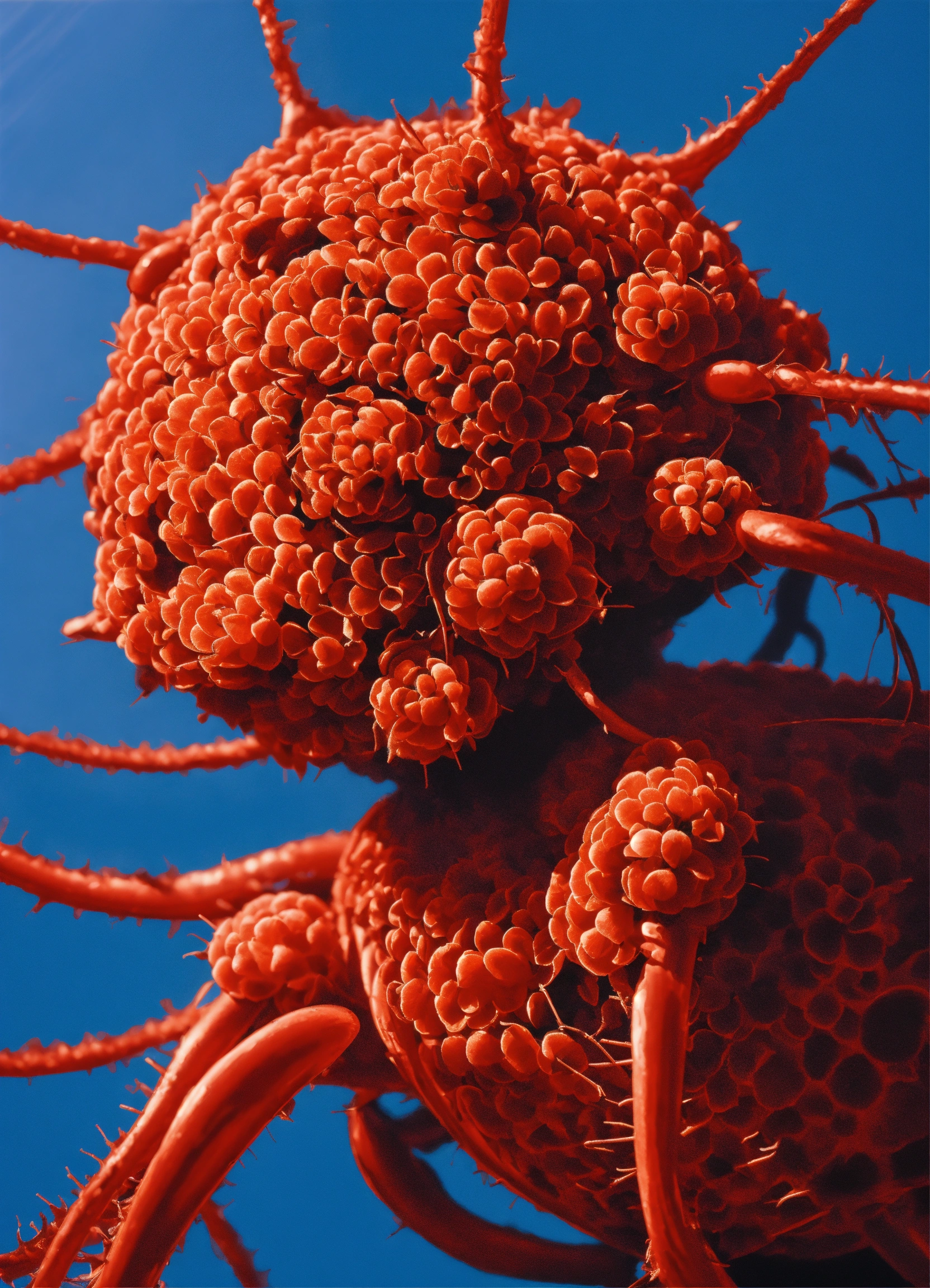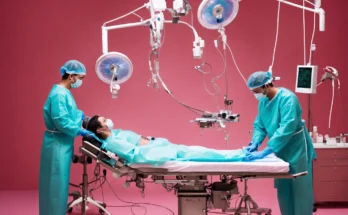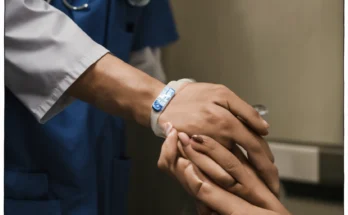Learn how to recognize and treat lymphoma in Brazil, with information on types, symptoms, diagnoses and the importance of medical monitoring for a better quality of life.
In recent years, the number of lymphoma cases in Brazil has attracted attention , reinforcing the importance of understanding this disease and seeking both early diagnosis and appropriate treatment.
Between 2020 and 2024, there was a significant increase in the number of lymphoma diagnoses in Brazil . This increase highlights the need to promote awareness of the signs of the disease and the importance of regular visits to health professionals.
Several public figures have faced lymphoma and managed to overcome the disease thanks to early detection and specialized treatments. Personalities such as Jorge Aragão, Gloria Perez and Reynaldo Gianecchini are examples of how early diagnosis, combined with appropriate medical support, can result in a cure.
Main types of lymphoma
There are two main categories of lymphoma: Hodgkin lymphoma and non-Hodgkin lymphoma . Both have different subtypes, with their own characteristics that influence both treatment and prognosis.
Hodgkin’s lymphoma
Hodgkin lymphoma is identified by the presence of Reed-Sternberg cells, which are found in biopsy samples of the lymph nodes . Its subtypes include classic and nodular sclerosing. Standard treatment usually involves chemotherapy and, in some situations, radiation therapy.
Non-Hodgkin’s lymphoma
Non-Hodgkin lymphomas are more diverse and can arise in any area of the body where there is lymphatic tissue . The most common subtypes are diffuse large B-cell lymphoma and follicular lymphoma. Treatment is personalized, according to the type and stage of the disease, and may include chemotherapy, immunotherapy and, in some cases, stem cell transplant.
Tests for diagnosing lymphoma
The process of diagnosing lymphoma involves a series of tests, such as clinical evaluation, lymph node biopsies, and imaging tests , such as CT scans and MRIs . These tests are essential to determine the type of lymphoma and the extent of the disease in the body.
Available treatments for lymphomas
Treatment for lymphoma is individualized, taking into account the type of lymphoma, the stage of the disease, and the patient’s overall health. In addition to traditional therapies, new approaches such as targeted therapies and immunotherapy have shown promising advances in outcomes.
The role of the oncologist
The oncologist is essential in the process of diagnosing, treating and monitoring patients with lymphoma. With their expertise, the specialist creates personalized treatment plans, adapted to the specific needs of each patient and in accordance with the latest innovations in the field of oncology .
Identifying the signs of lymphoma and seeking specialized medical care as soon as possible is essential to increase the chances of a cure and improve quality of life. Be aware of symptoms such as swollen lymph nodes, prolonged fever, night sweats and unexplained weight loss.
Express Remakes is a renowned company, known for its exceptional provision of ambulance services for events in Rio de Janeiro . We have a team of highly qualified professionals trained specifically to meet this demand.
In emergency situations, do not hesitate to contact Express Removals . We are here to provide fast and effective assistance.




